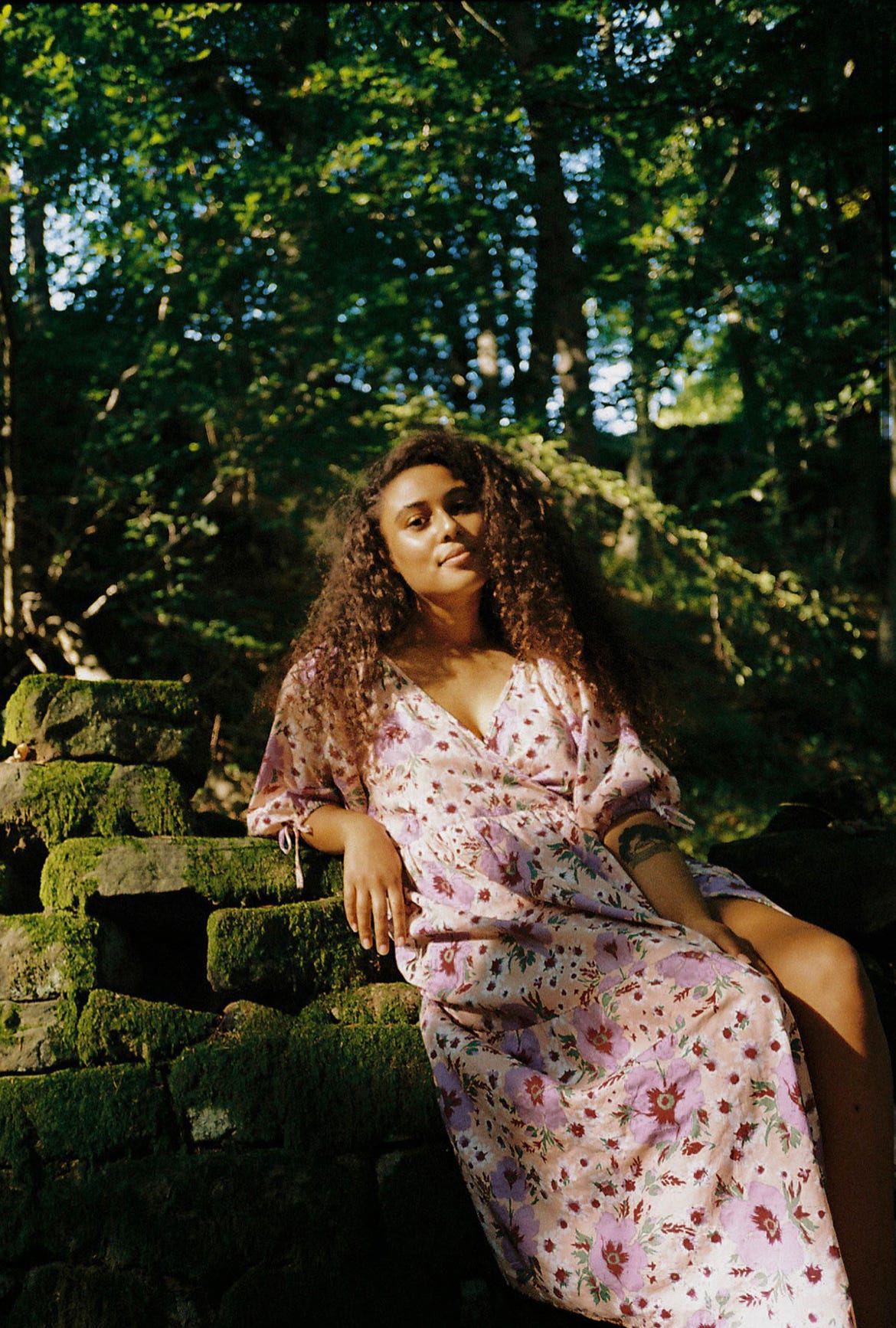Evie Muir: “I found a safe place, but I still have unanswered questions”
The founder and author on dealing with the top of the pile, a Jamaican homecoming and understanding working class tensions
Hi, welcome back to Mixed Messages! We’re back from our break and speaking to Peaks of Colour founder and nature writer Evie Muir, who is of mixed Caribbean and white British heritage. Evie has just released her first book Radical Rest: Notes on Burnout, Healing and Hopeful Futures, a blueprint for change in a world that’s over-worked and under-resource…




